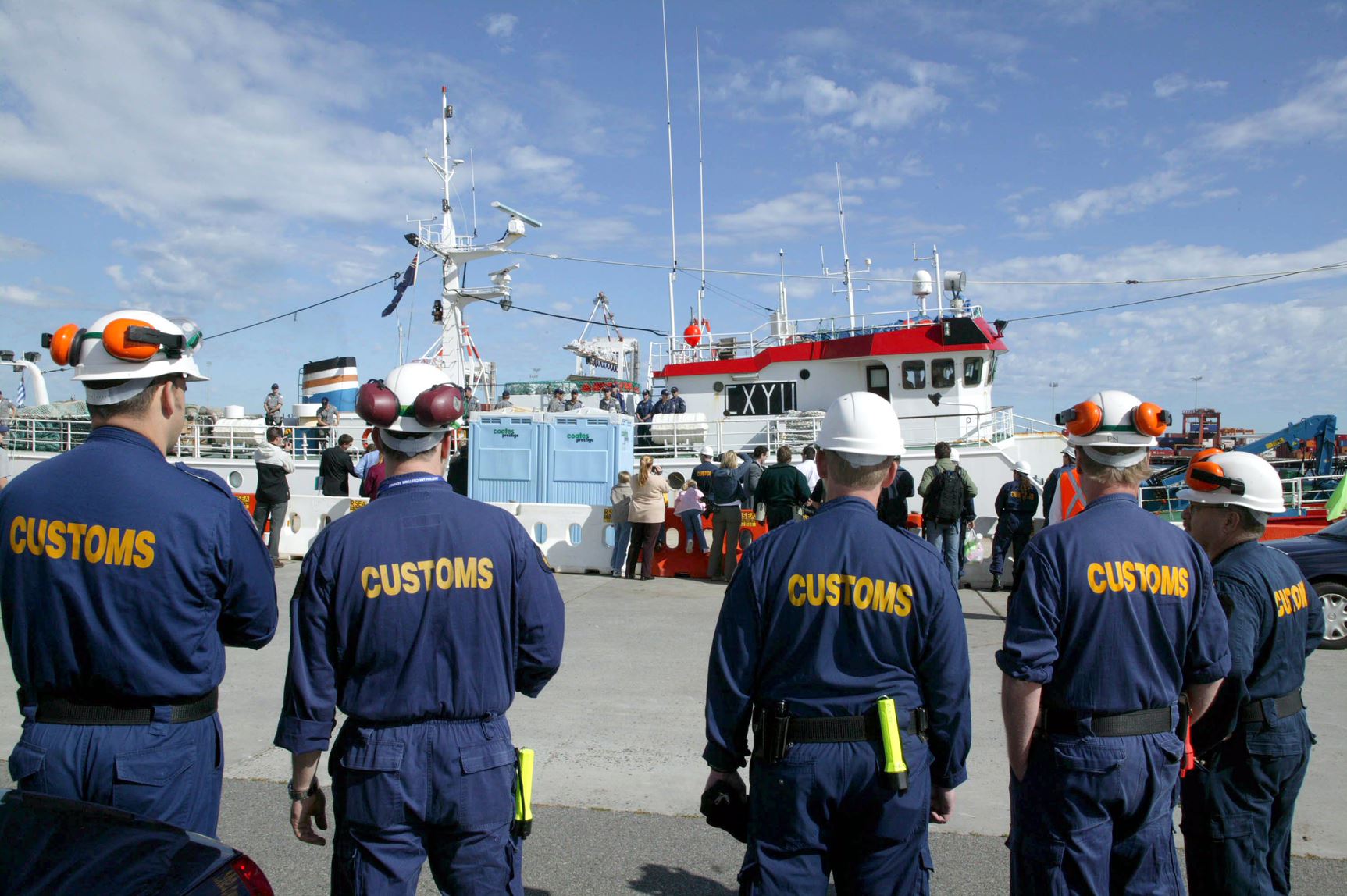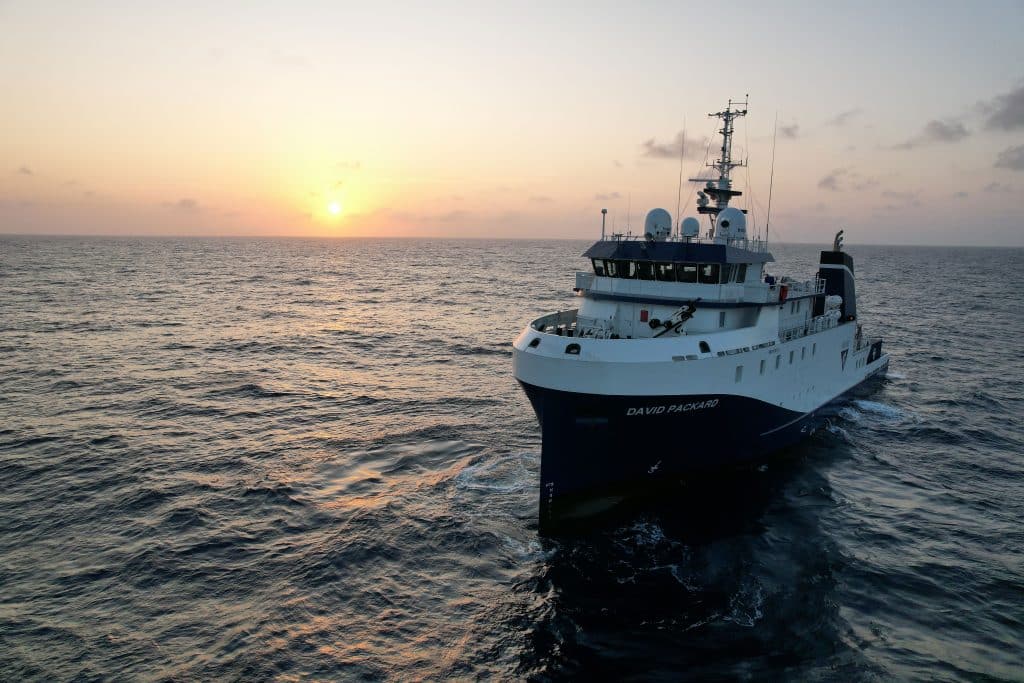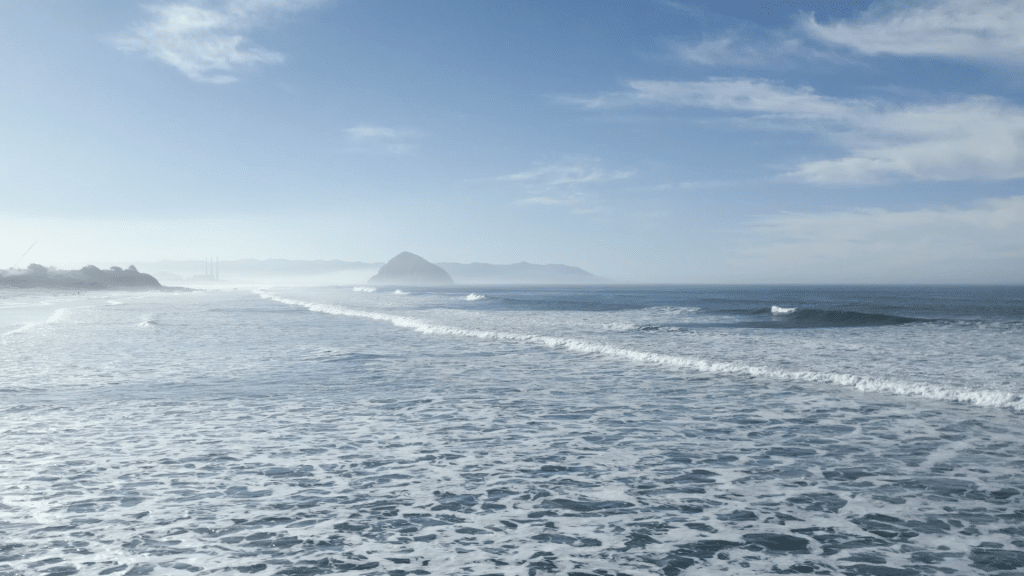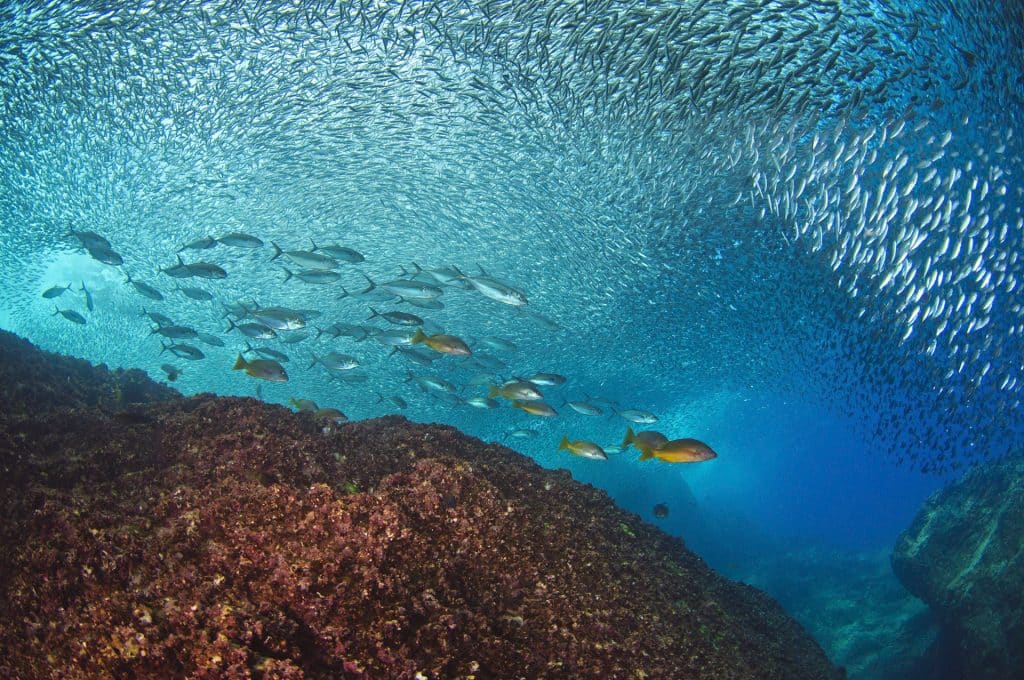Illegal, unregulated and unreported (IUU) fishing is a global problem that removes 32 million tons of seafood from the ocean each year – as much as one-quarter of the seafood eaten worldwide. It contributes to overfishing and threatens the livelihoods and food security of coastal fishing communities. And technology used to track illegal fishing has identified cases of forced labor linked to these vessels. Eliminating IUU fishing requires global, coordinated solutions. If only one country bans the trade of illegal seafood, that product can easily be diverted to countries where no such laws exist.
In December, Japan passed a new law requiring domestically caught wild seafood to have catch documentation and imported wild seafood to have a certificate of legal catch from a foreign government. This win was the result of a five-year campaign by a group of international and Japanese conservation organizations called the Anti-IUU Forum Japan. “This new framework will eliminate IUU fishing risks from the Japanese seafood market and allow operators doing the right things to be justly recognized,” said Wakao Hanaoka, CEO of Forum member Seafood Legacy.
With the new law, Japan joins the US and EU – collectively representing 60% of the global seafood market – in having stringent requirements for traceable, legal seafood. Global conservation organizations celebrated this major step forward, including Forum member The Nature Conservancy, which said, “This new legislation marks a historic moment in the global fight against IUU fishing. Japan joins the EU and the US in sending a clear and strong message to illegal operators, who will now have great difficulty in finding an entry point for their illegal products in the world’s three largest seafood markets.”
There are three key lessons from the Anti-IUU Forum’s work that are applicable to advocacy efforts in other countries and on other issues:
- Connecting across continents was essential but challenging. To develop a strong Japanese law that aligned with US and EU efforts, Japanese NGOs needed to work closely with US and EU organizations – but they didn’t have an existing working relationship. Their funders created space for this partnership by inviting all the players to come together initially to explore shared goals and define the unique roles each could play in advocating for this law. The time taken at the beginning to foster trust created a strong and resilient foundation for the coalition to build on and ultimately achieve a major policy victory at a time of great uncertainty in Japan due to COVID-19 and a prime minister transition.
- Before Japanese businesses and governments could embrace a solution to IUU fishing, they had to understand its impact on Japan. In 2015, IUU fishing was a relatively unknown issue in Japan. The Forum’s first step was to raise awareness about the risks illegal seafood posed to Japanese economic interests and highlight a set of ambitious but achievable political priorities for the fisheries agency and the Diet, Japan’s legislature. The Forum created a multifaceted narrative – grounded in strong evidence – about the prevalence of illegal seafood in Japan. Studies on a range of topics, including a landscape assessment that demonstrated how Japan was lagging behind other countries in addressing IUU, a quantitative analysis of the economic loss to the domestic fishing industry caused by IUU fishing, and a poll demonstrating seafood industry demand for improved traceability, among others, made the case for reform. Media in Japan amplified the messages from these reports.
- Focusing on the law’s benefits for domestic fishers in Japan helped to strengthen support. The US members of the Anti-IUU Coalition shared a lesson from their efforts to pass the Seafood Import Monitoring Program law in 2018: communicating how eliminating illegal imported seafood would bolster the US domestic fishing industry was an effective message that helped build support for the law. The coalition used a similar message in Japan: “The illegal squid fishing vessels operating in the Sea of Japan and illegal poaching of sea cucumbers and abalone in Japanese waters undercut local fishers. Preventing seafood sourced illegally within or outside Japan from being traded in Japanese markets will enable the elimination of unfair competition and secure income stability for domestic fishers complying with existing rules and regulations.” This message helped build support among both the local fishing industry and the Japanese government by tapping into their desire to protect the economic interests of domestic fisheries.
While the passage of the law in Japan is worth celebrating, the work of the Anti-IUU Forum isn’t finished. The Forum is now focused on advocating for strong regulations to guide the implementation of the law, including what species will be targeted, how to lessen the burden on fishers and the supply chain through electronic data capture, and aligning catch documentation requirements with US and EU laws.
And China and South Korea – the two other largest markets for seafood – must pass strong import control laws or illegal seafood may simply be diverted to those markets. Fortunately, momentum is building among the private sector to advocate for stronger laws around the world. In February, more than 150 companies joined together to call for governments worldwide to strengthen import control measures needed to eliminate the trade of illegal fish.
Eri Oki is a Japan advisor for the Packard Foundation’s Japan Marine strategy, working closely with the Foundation and partners to design and implement strategy and grantmaking, as well as orchestrating Japanese sustainable seafood initiatives with global efforts. Eri brings a decade of experience working with corporate stakeholders and non-profits on project planning and development. Eri leverages her cross-sector experiences to navigate cultural context and provide strategic guidance to marine conservation donors.










